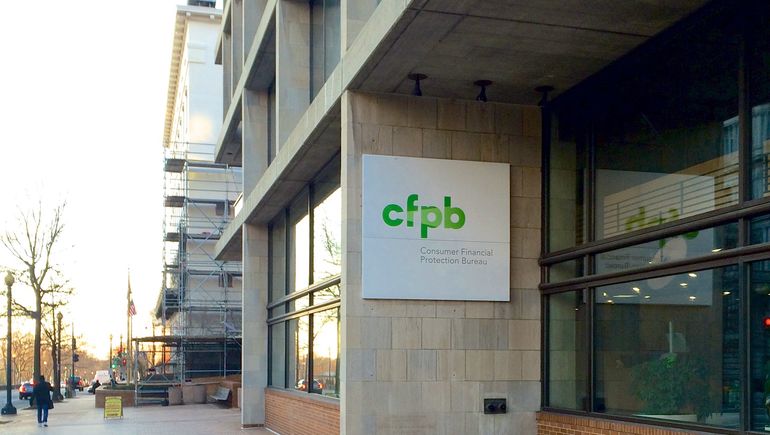... at the Supreme Court Tuesday, the court's conservative majority voiced skepticism about the independent agency Congress created to protect consumers from abuse in the financial services industry.
In the aftermath of the financial crisis, the CFPB enacted new rules to safeguard the mortgage market and protect consumers from abusive and misleading practices involving everything from credit cards to debt relief. The bureau is headed by a single director, appointed by the president for a five-year term, and lodged in the Federal Reserve.
In order to ensure the director's independence, the law bars the president from firing him or her for any reason except malfeasance, inefficiency, or neglect of duty.
It is that independence from presidential firing that is being challenged as unconstitutional by Seila Law — a law firm under CFPB investigation for misleading practices — and the Trump administration. Both the firm and the administration are asking the Supreme Court, if necessary, to strike down a long line of decisions going back almost a century, that uphold the structure of all independent regulatory agencies.
...
At the end of the day, there appeared to be five conservative justices unwilling to recognize that kind of independence for the CFPB, and four liberal justices with an opposite view.
A decision in the case is expected this summer.
https://www.npr.org/2020/03/03/8117...on-independence-of-consumer-protection-agency
If SCOTUS rules 5-4 to give the President authority to fire at will, it could open the door for political pressure to coerce Fed policy. Big ramifications on this one.

